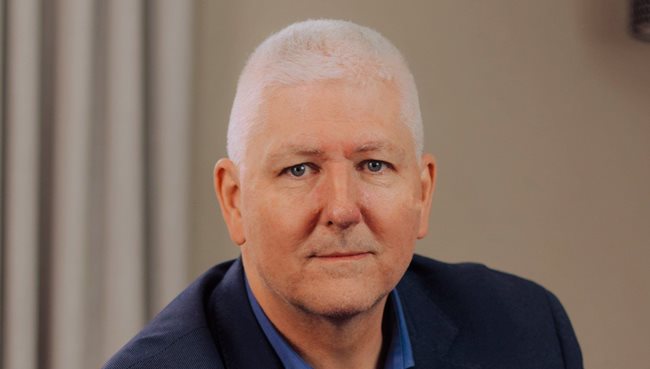
James MacDonald, senior business solutions manager at SAS in South Africa
More locally, customers in South Africa have increasingly moved to digital channels over the last +18 months, where 65% have indicated they will not be returning to ‘normal’, with 37% of these saying they will use even more online and digital apps than they do currently. And only 30% of all customers plan to revert back to the same pre-pandemic balance of online and offline shopping habits.
This tells us something about how important customer experience is in fostering loyalty. In fact, its also been substantiated by market research which states that when customers have a positive experience with a brand, they become powerful advocates. But it is not simply a case of throwing money to gain customers, it requires a more nuanced approach.
So, to cultivate customer and brand loyalty from both new customers that switched to your brand as a result of the pandemic and amongst returning customers, we believe companies must rewire how customers think about their brand by melding data analytics with emotional brand experiences to provide nuanced interactions that strengthen brand advocacy and loyalty.
Virginia Alvarez 4 Nov 2021 We see three imperatives for brands to undertake if they want to make this change:
- Shift brand management to brand and platforms that combines customer intelligence and customer engagement
- Shift from offering a loyalty programme to becoming a loyalty company
- Align customer experience and analytics
To achieve these, businesses must first deliver a memorable experience. With the right analytics tools, a business can track customer behaviour across every engagement and tailor their offering – whether it’s sales, service or support – according to customers’ wants and needs. Our survey found that people are motivated by non-transaction rewards – they said they would pay more for products or services that save them time or are more convenient. These same people are also less likely to join a loyalty rewards programme. So, it’s critical to provide customers with a reason to stay loyal that goes beyond the transaction by focusing on the entire customer experience.
This is again supported by market research, which cites that the quality of the experience more important than the price. As such, companies must focus on the friction points that negatively impact on digital experiences making them less convenient and appealing.
The pandemic has also played its part as people are going online to avoid visiting shops and standing in lines during the peak waves of infection. If the digital experience is lacking, they will simply go to a competitor.Lastly, aligning the new phases of the customer experience journey to analytics should go something like this:
- In the Discover (comparison shopping) phase – use segmentation, lead scoring and acquisition modelling.
- In the Explore (researching reviews) phase – use offer optimisation, marketing mix modelling and some form of A/B or multivariate testing.
- In the Buy phase – use propensity modelling, valuation modelling and next-best-action modelling.
- In the Engage (write a review) phase - identify cross-sell and up-sell opportunities, create churn models and lifetime value models.
To become a loyalty company, rather than a company with a loyalty programme, companies must view data, analytics and operational excellence as a unified digital business capability. They must go beyond rewards to recognise and engage customers in all stages of their brand experience.

















































